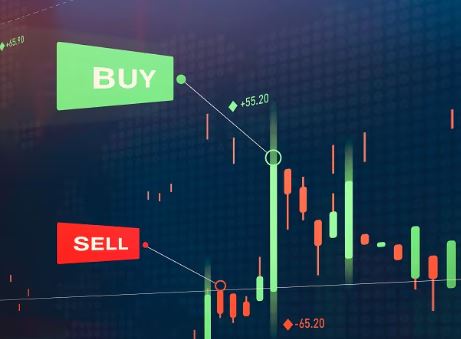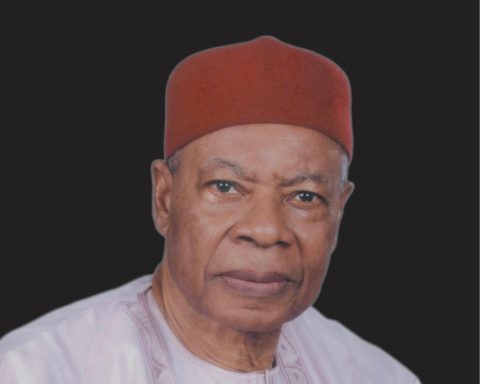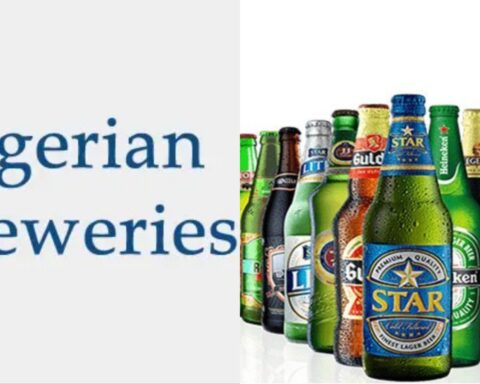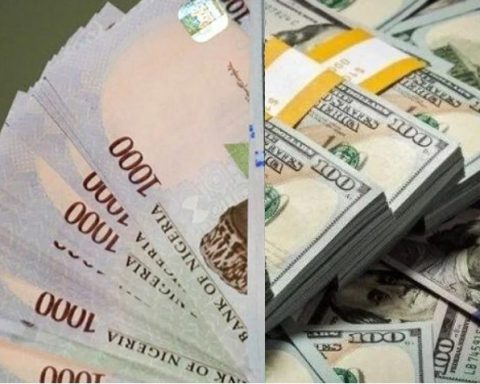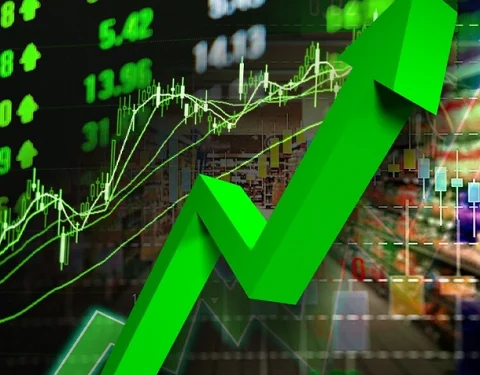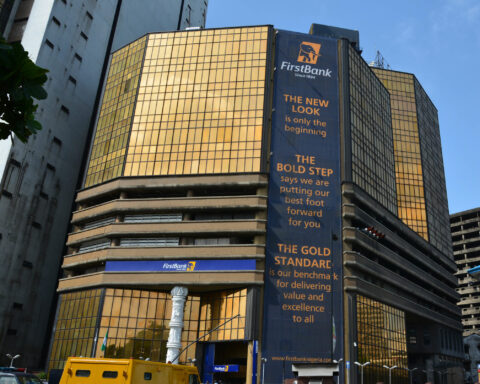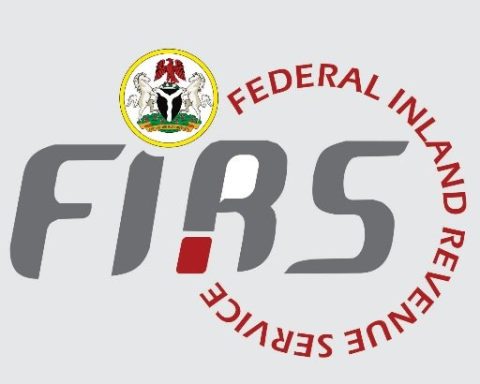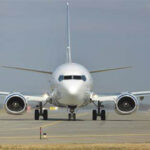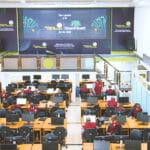Nigeria’s manufacturing and agriculture were among the sectors that recorded the least foreign investment inflows in the first quarter (Q1) of 2025, according to the latest report released by the National Bureau of Statistics (NBS).
The manufacturing (or production) sector attracted only $129.92 million, accounting for a mere 2.30 per cent of the total $5.642 billion capital importation in Q1 2025.
Join our WhatsApp ChannelThis was significantly lower than the banking sector, which recorded the highest inflow of $3.13 billion (55.44 percent), followed by financing, $2.10 billion (37.18 per cent). Shares recorded $115.26 million (2.04 per cent); telecomms, $80.78 million (1.43 per cent); trading, $34.39 million (0.61 per cent); agriculture, $24.15 million (0.43 per cent), and electrical, $9.03 million (0.16 per cent).
IT services had $7.21 million (0.13 per cent); health and social work, $6.22 million (0.11 per cent); marketing $2.97 million (0.05 per cent); packaging, $1.94 million (0.03 per cent); construction, $1.29 million (0.02 per cent); others, $ 1.25 million; automobile, $0.72 million and brewery, $0.69 million.
The report revealed that the total capital imported into the country rose by 67.12 per cent in Q1 2025 from $3.376 billion recorded in Q1 2024.
On a quarter-on-quarter basis, the report showed that capital importation increased by 10.86 per cent from $5.089 billion in Q4 2024.
According to the report, in Q3 2024, total capital importation into Nigeria stood at $1.252 billion, higher than $654.65 million recorded in Q3 2023, indicating an increase of 91.35 percent.
In comparison to the preceding quarter, capital importation declined by 51.90 percent from US$2.604 billion in Q2 2024.
READ ALSO:
- Five Bank Majority Shareholders Lost N49.43bn In H1 2025
- Nigeria’s Capital Importation Reaches $2.60bn In Q2, NBS Reports
Dominance of Portfolio Investments
Portfolio investment maintained the lead in foreign inflows into Nigeria. The report indicated that Portfolio Investment investments (e.g., stocks and bonds) ranked top with $5.2 billion, accounting for 92.25 per cent. This, according to analysts, reflects a short-term financial market activity rather than long-term industrial commitments.
Foreign Direct Investment (FDI) into manufacturing was particularly weak, totaling just $126.29 million (2.24 per cent of total inflows).
“Foreign Direct Investment recorded the least with US$126.29 million accounting for 2.24% of total capital importation in Q1 2025,” the NBS report stated.
Abuja takes over from Lagos
Geographically, five states recorded capital importation during the quarter. Abuja emerged the top destination with $3047.45 million, accounting for 54.11 per cent of the total capital imported. Lagos State followed with $2564.68 million (45.44 per cent), and Ogun State with $7.95million (0.14%). Abuja and Lagos absorbed 99.55 per cent of the foreign investments, leaving minimal allocations for industrial hubs in states like Ogun.
Underlying Challenges for Manufacturing Sector
The manufacturing sector has, over the year,s faced hurdles such as infrastructure deficits, high energy costs, FX shortages, and policy uncertainty, deterring foreign investors despite Nigeria’s population and market potential.
While Nigeria’s overall capital importation grew by 67 per cent year-on-year in Q1 2025, the manufacturing sector’s poor performance highlights structural imbalances in the economy, with investors favoring financial markets over industrial production.
Victor Ezeja is a passionate journalist with seven years of experience writing on economy, politics and energy. He holds a Master's degree in Mass Communication.



